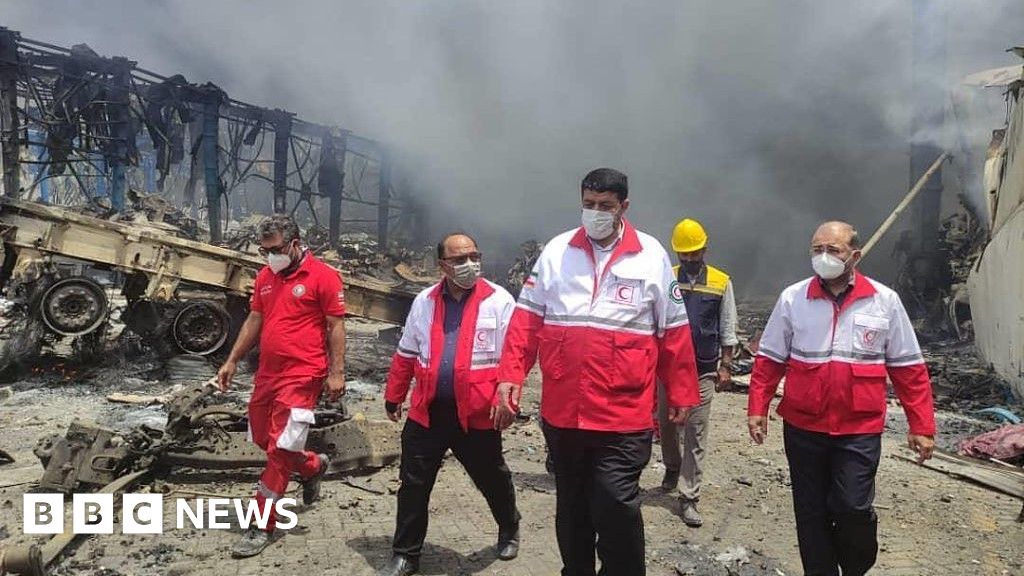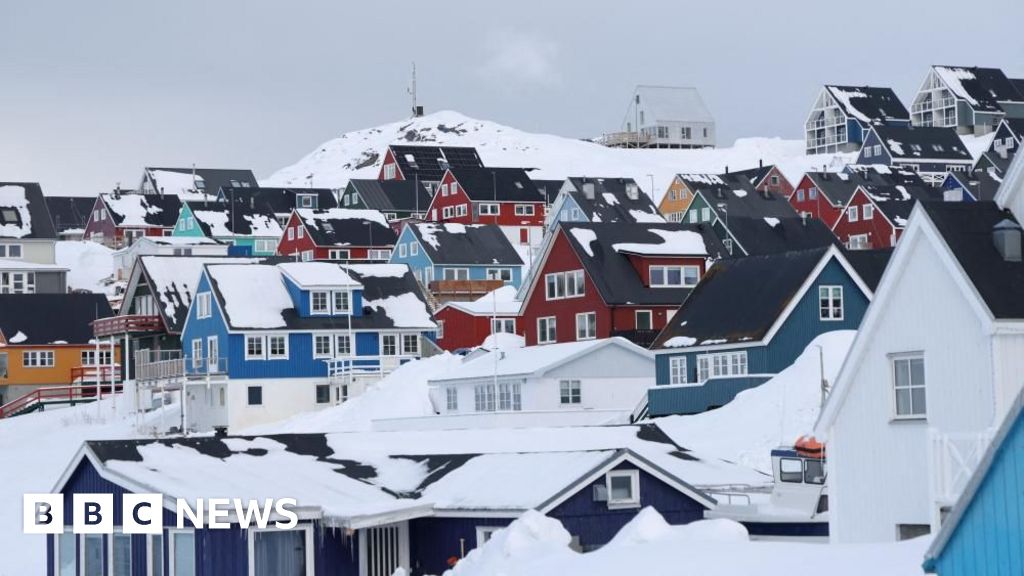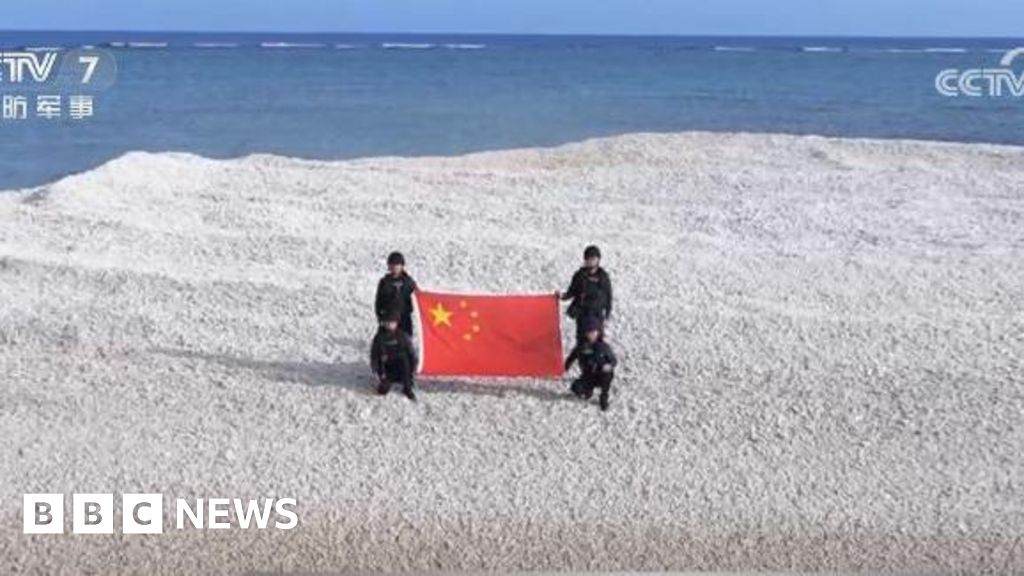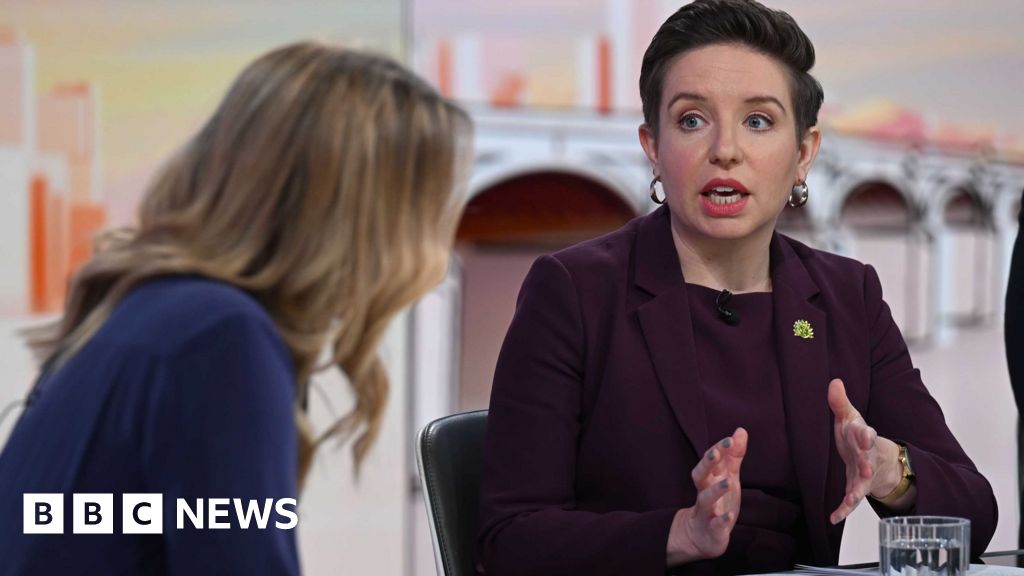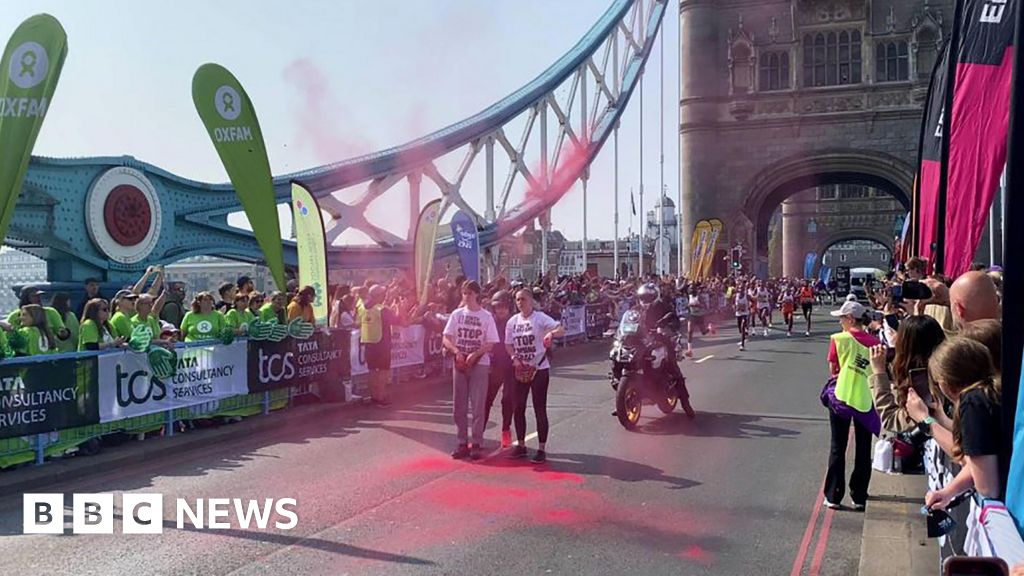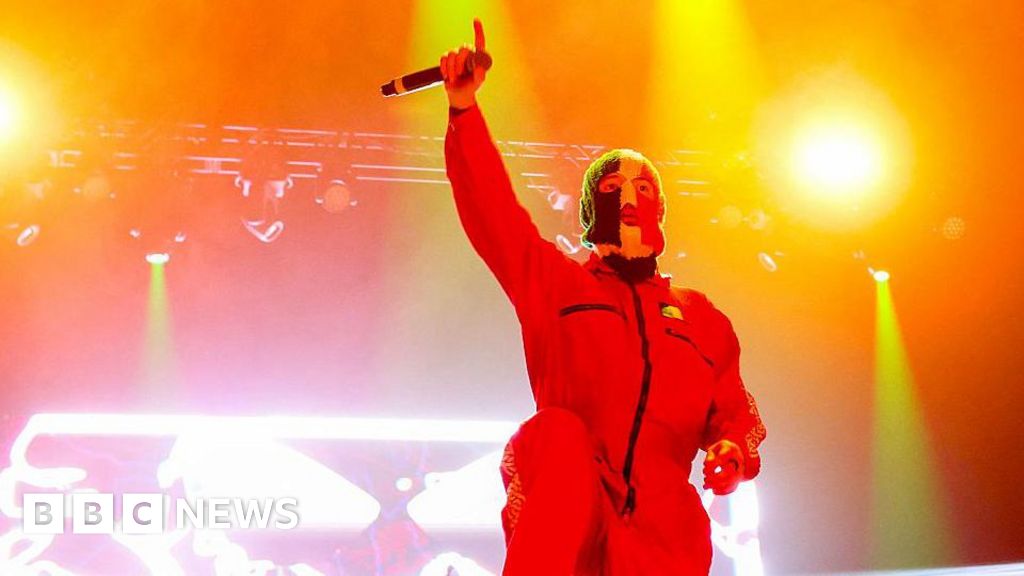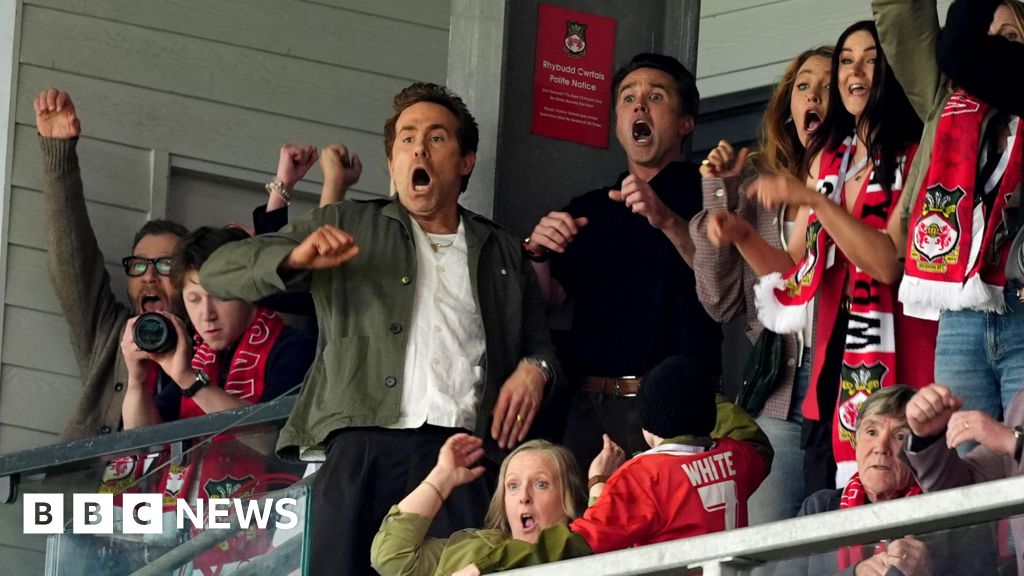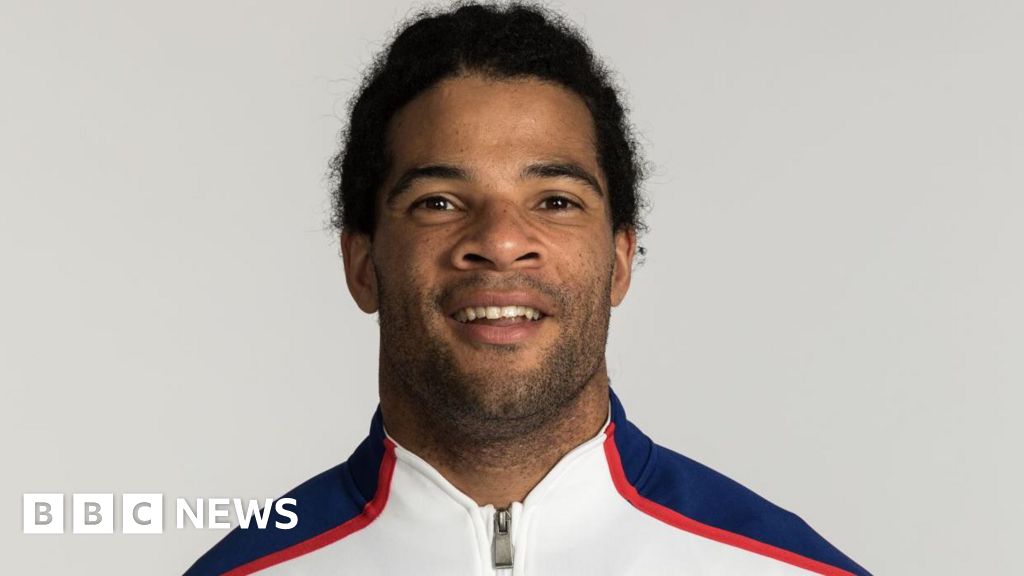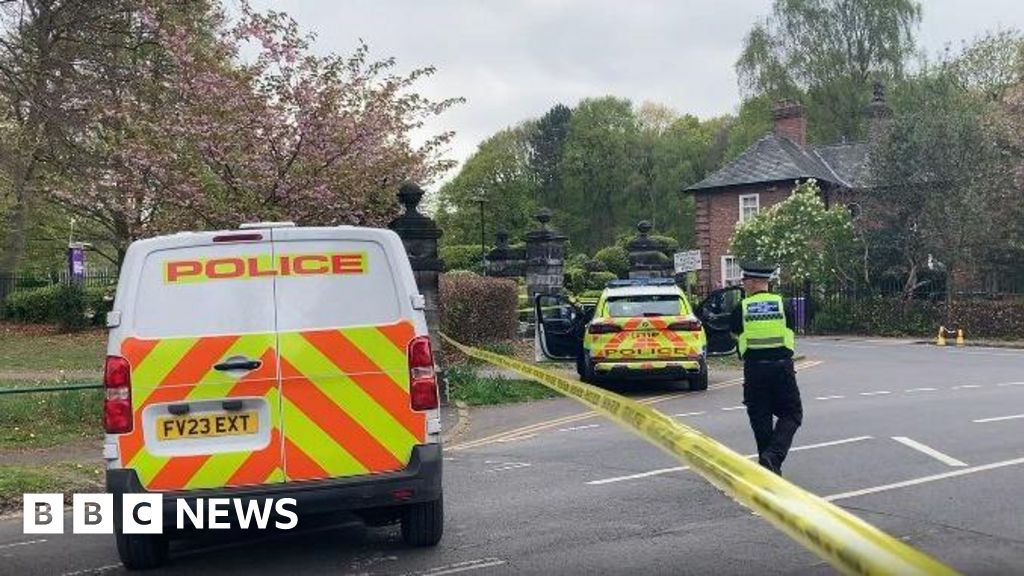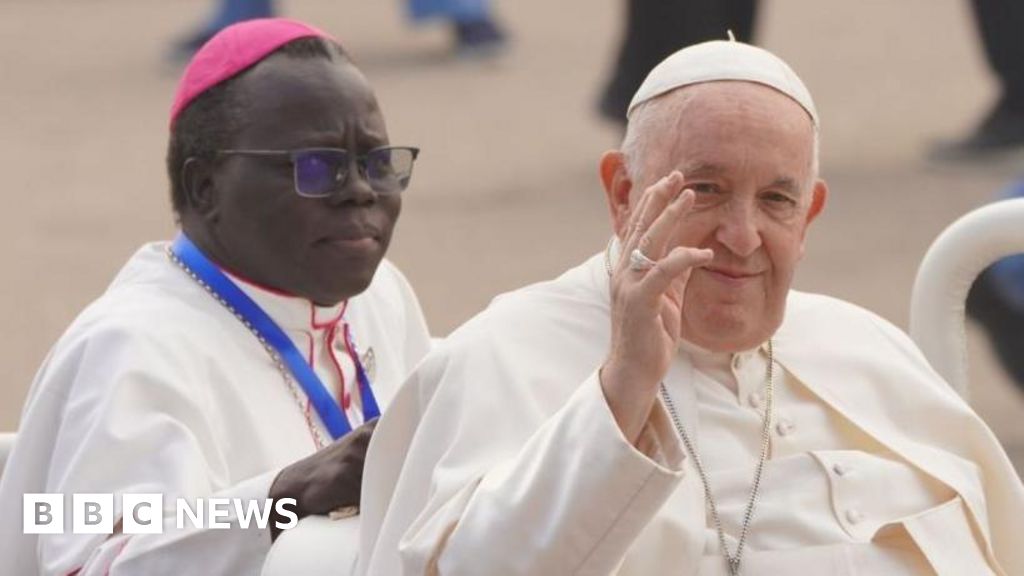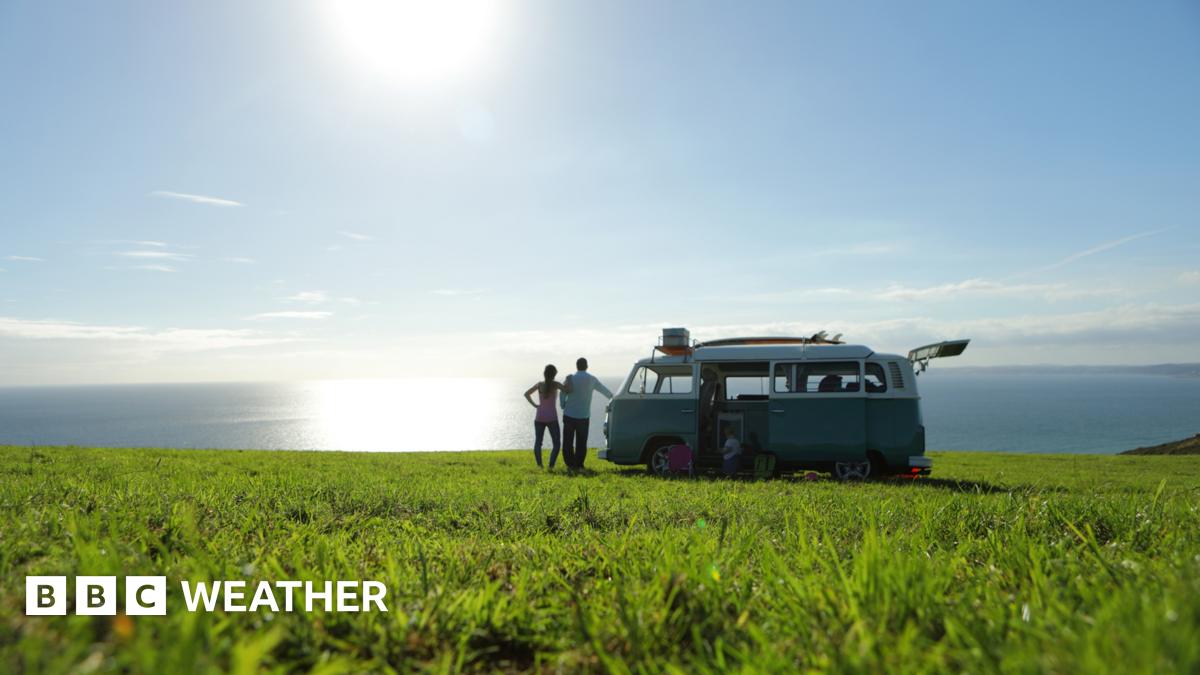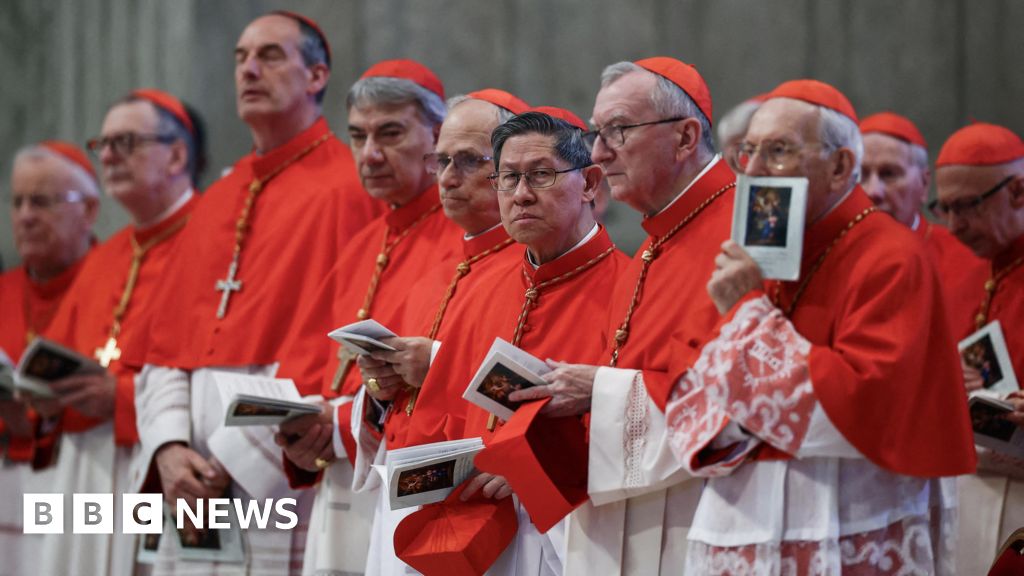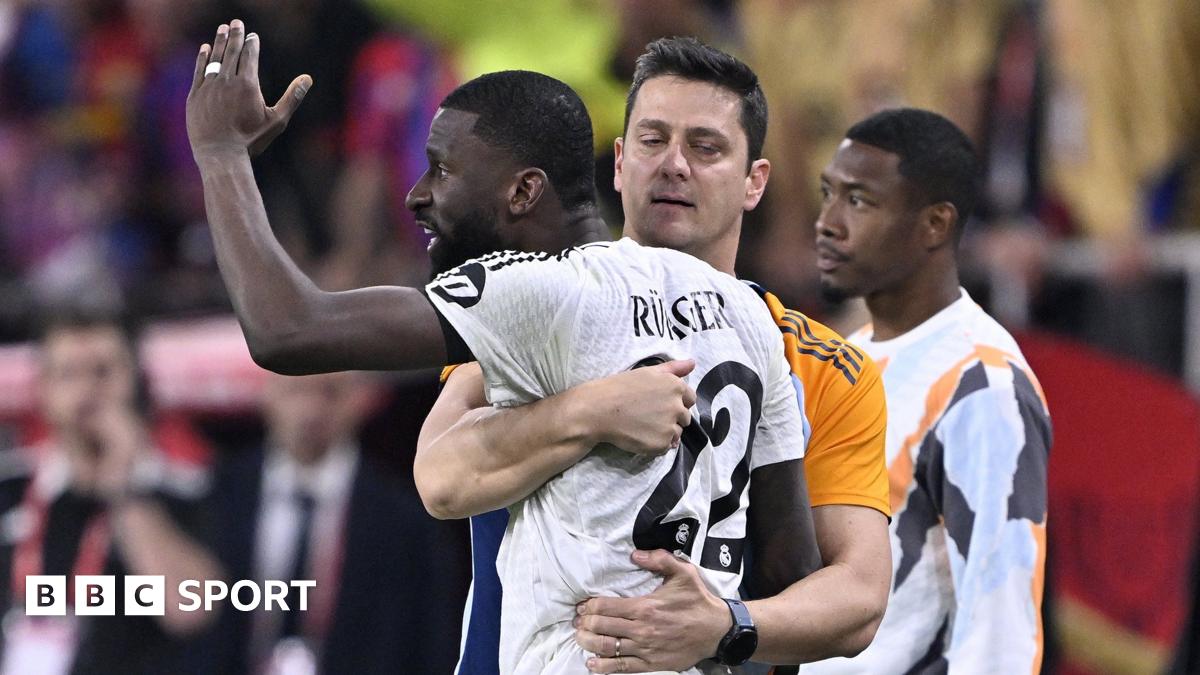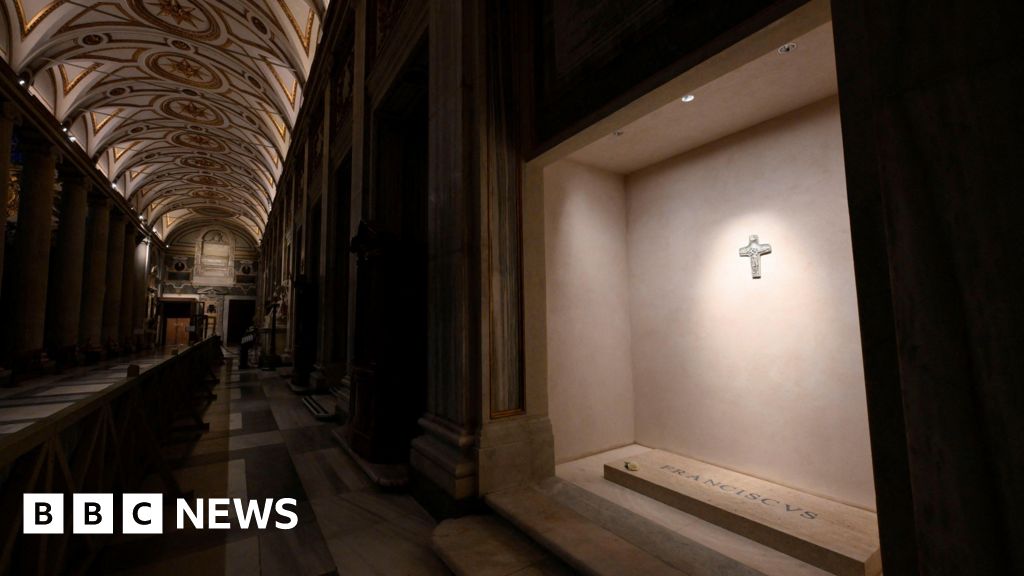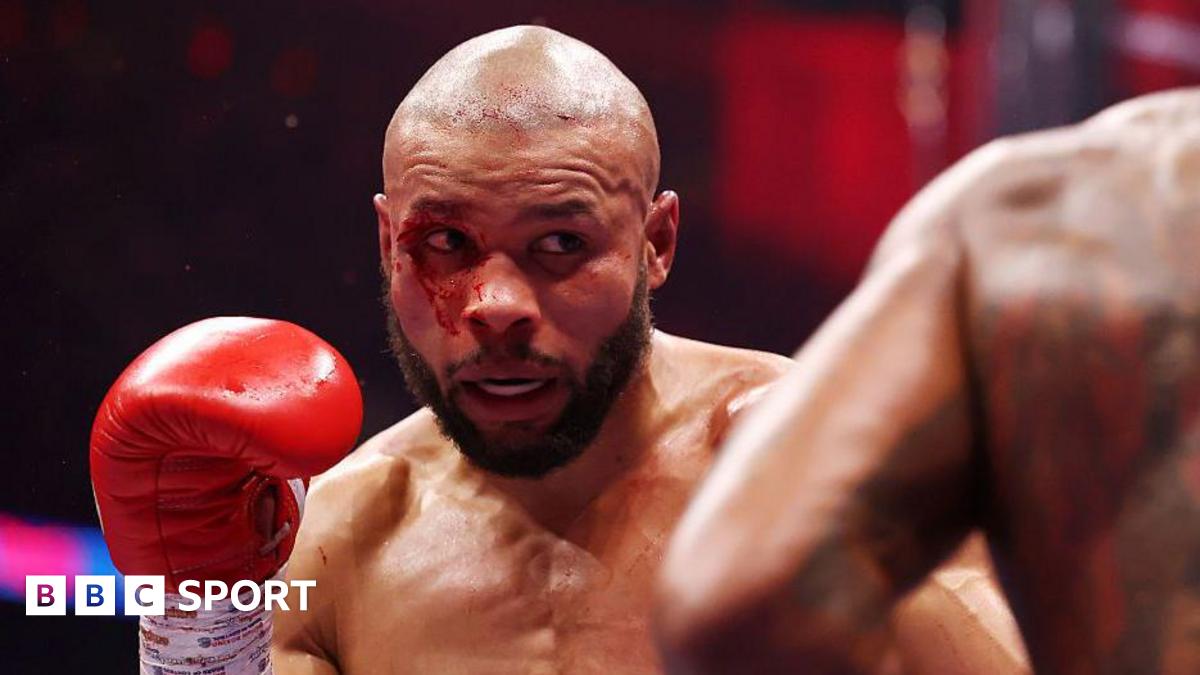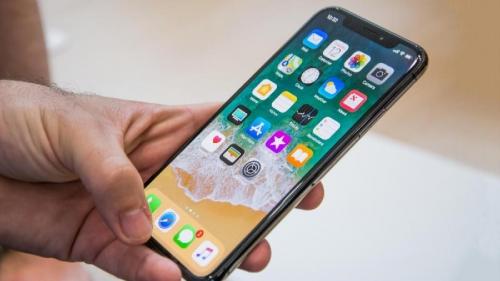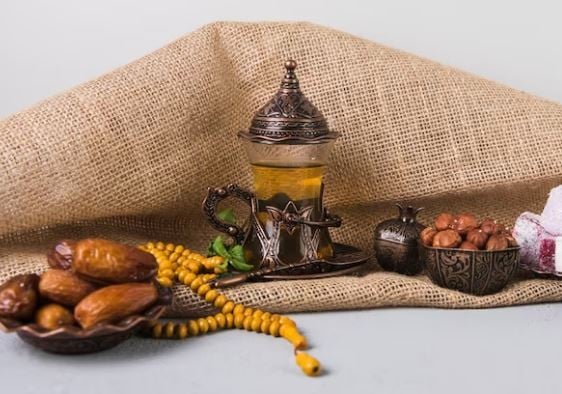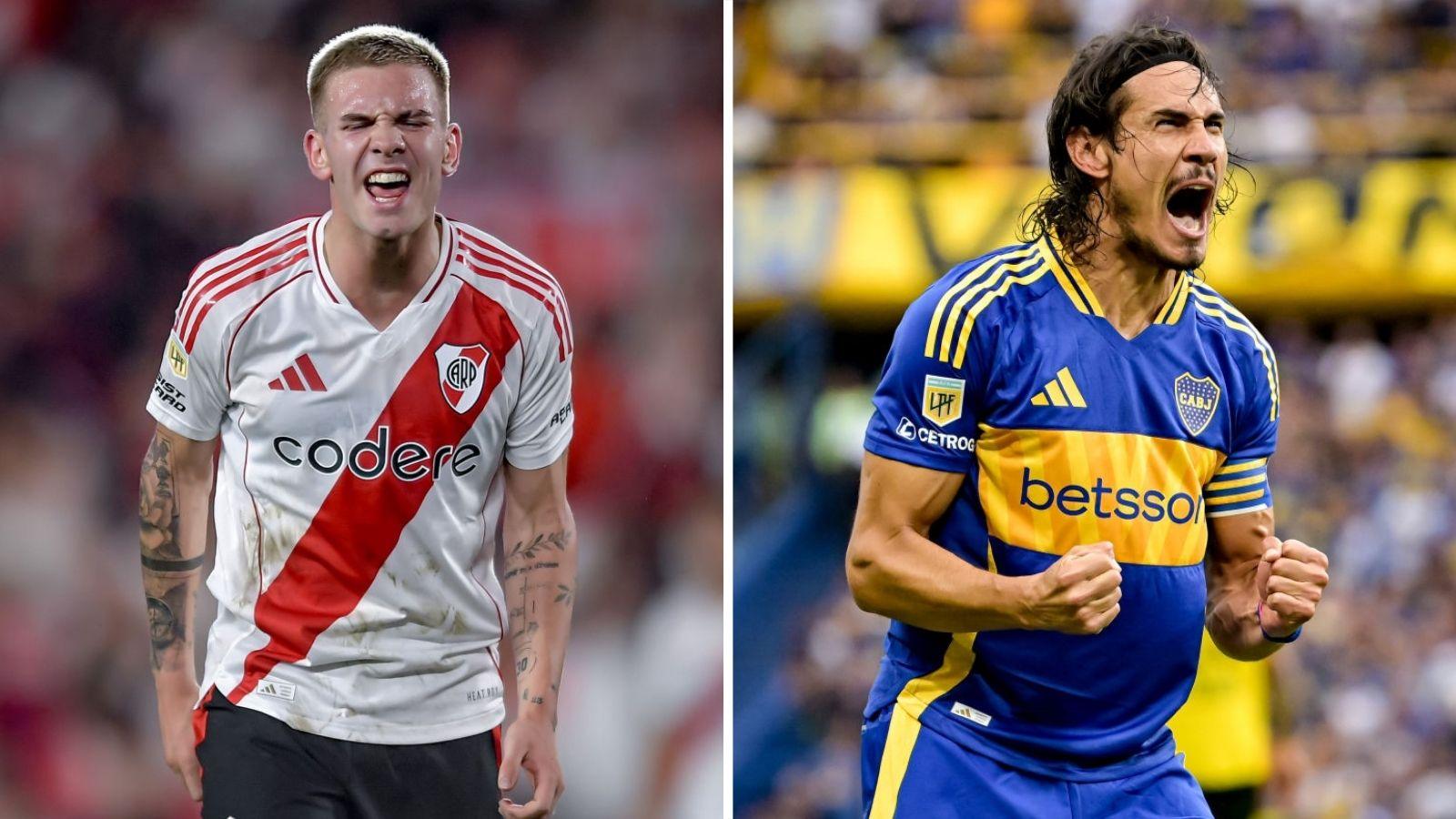 Image source, Getty Images
Image source, Getty Images
River's Franco Mastantuono and Boca's Edinson Cavani will likely play key roles on Sunday
Alex Brotherton
BBC Sport journalist
When it comes to football derbies, very little comes close to matching the passion, intensity and cultural significance of Argentina's Superclasico between River Plate and Boca Juniors.
Superstar players, fanatical fans, regular helpings of drama and the sinister side of the game - the Superclasico has it all.
On Sunday, River's 85,000-capacity Mas Monumental stadium will host the 264th Superclasico on matchday 15 of the Torneo Apertura, the first half of the Argentine top-flight season.
Boca are looking to avenge a 1-0 home defeat in September and clinch top spot in Apertura Zone A, while River need to build momentum before the knockout rounds after a mixed start to the season.
Whatever the outcome, it promises to be some spectacle.
Why is the Superclasico so important?
Not only are River and Boca local rivals in Buenos Aires, they are the two biggest clubs in Argentina and indeed two of the superpowers in South America. As many as 80% of Argentines support one of the two clubs.
Their trophy cabinets match their popularity.
River have 38 top-flight titles and four Copas Libertadores to their name, while Boca have won the league title on 35 occasions and the Libertadores on six, with three of those triumphs coming during a golden age between 2000 and 2003.
Both have also counted some of the greatest players of all time among their ranks.
River alumni include Alfredo di Stefano, Enzo Francescoli and Daniel Passarella, while Boca fans have worshipped Carlos Tevez, Juan Roman Riquelme and Diego Maradona.
There is naturally a lot at stake on derby day - Boca fans take great pride in the fact they lead River 92 wins to 87 in the overall Superclasico record. But the rivalry goes way beyond 90 minutes on a football pitch.
"It is rooted in their origins, or rather their respective foundational myths," Argentine football journalist Santi Bauza tells BBC Sport.
The close geographical proximity of the clubs when they were founded - River in 1901 and Boca four years later - created tension.
One fan is said to have burned the flag of the opposition during one early meeting, while a Superclasico in 1931 was abandoned after 31 minutes because of mass fighting.
The schism widened when River Plate - after joining their rivals in the working-class neighbourhood of La Boca - relocated to the well-to-do suburb of Recoleta up the road, then further north to Nunez, where they reside today.
Deserting their working class home and spending big on players - the 35,000 pesos (£1,350) fee paid for Bernabe Ferreyra in 1932 set an Argentine transfer record that stood for 20 years - led to River becoming known as 'Los Millonarios'. The Millionaires.
By contrast, Boca have always remained in their spiritual home, the famous La Bombonera stadium that is seemingly dropped into the middle of the 'barrio', a high-poverty district of the city.
Their Italian immigrant, working-class roots are a central part of their identity. Little shows this more than the club's nickname 'Xeneize', which comes from the Ligurian dialect word for Genoese.
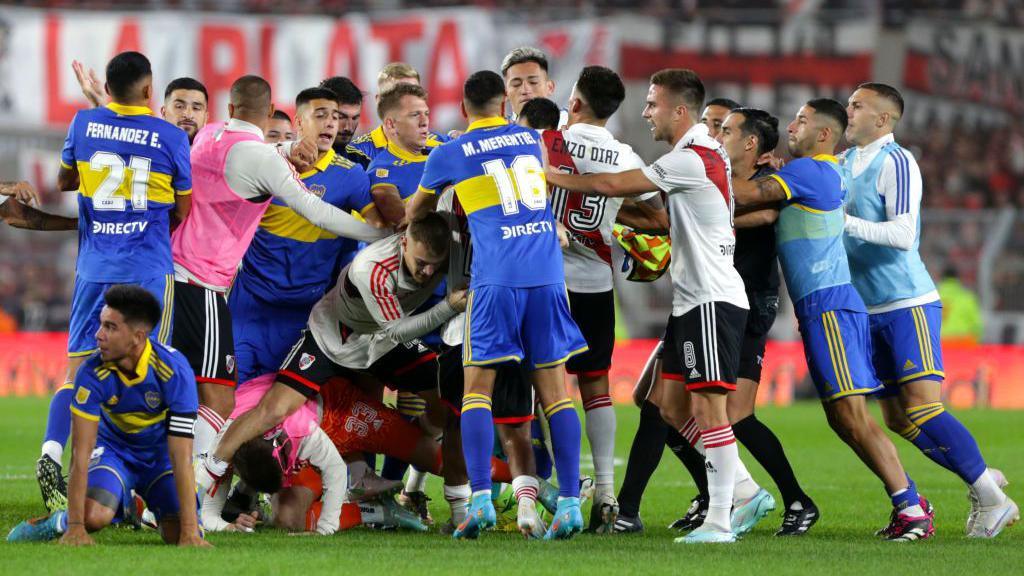 Image source, Getty Images
Image source, Getty Images
A Superclasico without some sort of scuffle does not feel like a Superclasico
The division between the clubs is reflected on the pitch in both playing styles and full-blooded encounters.
"River have traditionally favoured a more aesthetic brand of football, with their more demanding fans barely even celebrating hard-fought or undeserved wins," explains Bauza.
River fans often speak of the three Gs - Gustar (to play well), Ganar (to win) and Golear (to score lots of goals).
"Our club is known for its beautiful style of play, excellent ball control, an attacking mindset, and a philosophy that sees attacking the opposition's goal as the best form of defence," River club president Jorge Brito tells BBC Sport.
That mentality is juxtaposed by the popular Boca motto 'transpira a la camiseta', which means to 'make the shirt sweat'. Passion and fight are non-negotiable.
"Boca pride themselves in being a win-at-all-costs kind of side," says Bauza.
"Over the years they have both become so massive and ubiquitous in Argentine society that the rich-poor narrative doesn't hold up as much now, but they are still largely identified by those footballing philosophies."
Insult culture in Argentina has given rise to some incredibly petty nicknames.
Since throwing away a half-time lead to lose to Penarol in the 1966 Copa Libertadores final, Boca fans have called River 'Gallinas' - 'little chickens'.
In a 2004 Superclasico, Boca striker Carlos Tevez was sent off for performing a chicken dance in celebration.
Boca are known as 'Los Bosteros' - 'the manure handlers' - as a factory that used horse manure to make bricks once stood behind La Bombonera. Opposition players have been known to hold their noses when entering the pitch.
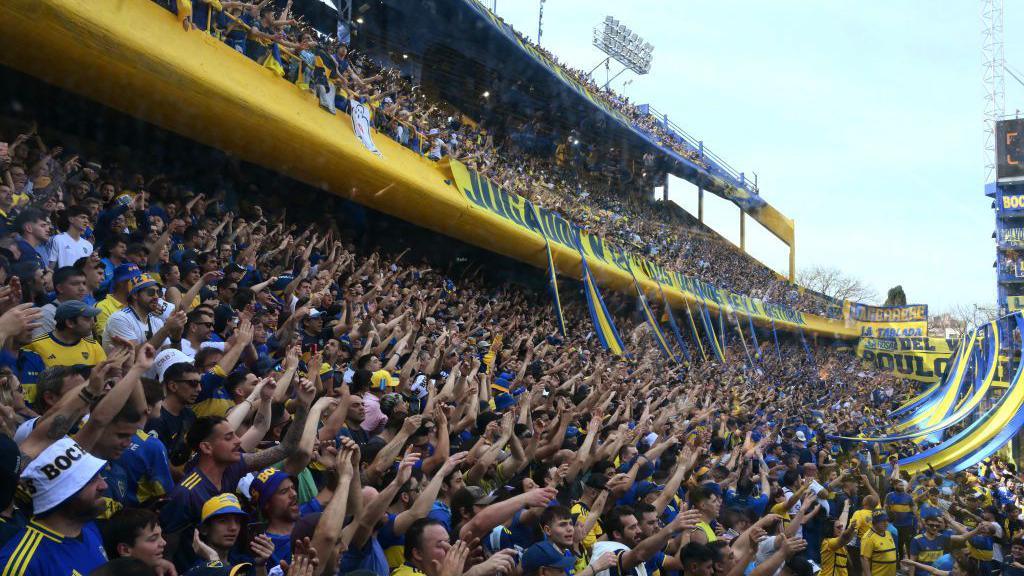 Image source, Getty Images
Image source, Getty Images
Boca's La Bombonera stadium often shakes during matches
'It stops the country in its tracks'
Argentina is obsessed with football, so it is no surprise that meetings between its two biggest clubs are seismic events.
"The Superclasico stops the country in its tracks," says Bauza.
"Regardless of their form or success, it's always a game that defines the mood of players, managers, pundits and fans alike.
"Storylines can emerge or change overnight depending on what happens."
One of the main highlights of the Superclasico is actually what happens in the stands rather than on the pitch.
Giant tifos and choreographed displays are common, singing is non-stop and the atmosphere is spine-tingling.
But there is a dark side to the world's most intense derby.
The Barras Brava - a gang-like organised fan group - rule the terraces in Argentina and have huge influence over club issues like ticketing, merchandising and car parking.
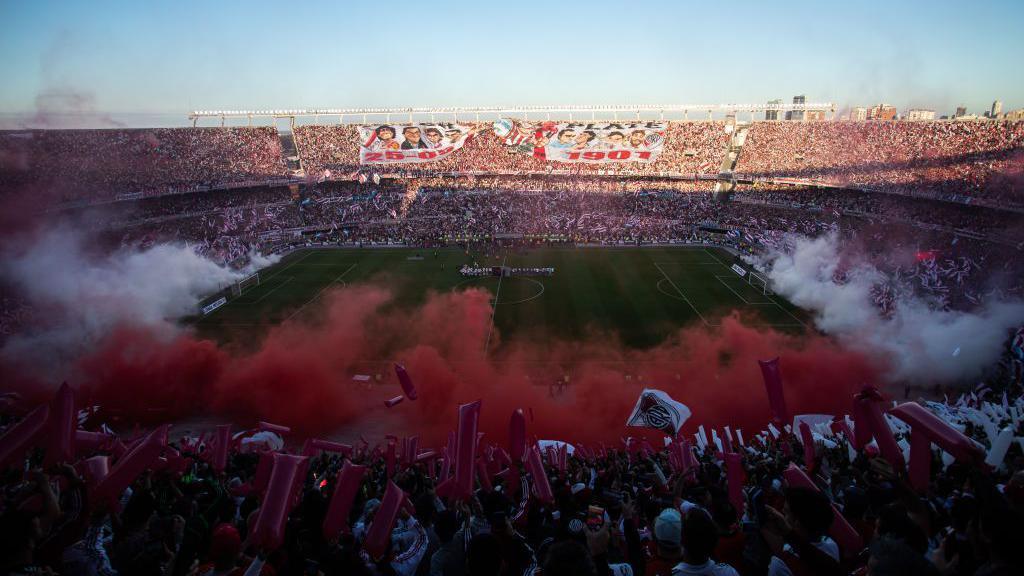 Image source, Getty Images
Image source, Getty Images
River Plate's Mas Monumental stadium can accommodate 85,000 people after expansion
Although they bring the noise and passion that makes Argentine football so special, their intrinsic links to organised crime, violence and homicide can make stadiums dangerous places.
When River were relegated to the second division in 2011 for the first time in their history, the players were locked inside the dressing room for three hours while fans rioted and burned parts of El Monumental.
In 2015 Boca were thrown out of the Libertadores when the River squad were sprayed with pepper spray when emerging for the second half.
The second leg of the 2018 Libertadores final - the highest-profile game in Superclasico history - was postponed after police tear gas, used to disperse River fans who had smashed windows on the Boca bus with projectiles as it sped towards Mas Monumental, affected the visiting players.
The competition - named after those who liberated South America from Spanish rule - was concluded in Madrid.
'Nothing else matters'
While River are assured of a place in the last 16 of the Apertura and top their Libertadores group, a mixture of pre-season squad upheaval and injuries have contributed to an inconsistent start to the year.
But beat Boca on Sunday and everything will look a lot rosier.
"It is always special. This game is the one you wait for, and nothing else matters when it comes to how it feels to win or lose against them," says journalist and River fan Andres Bruckner.
While Boca have had a week to prepare, River flew more than six hours to Ecuador for a 2-2 draw with Independiente del Valle in the Libertadores on Wednesday.
"I always think we will win, but playing Libertadores midweek makes things tricky," says Bruckner.
"In moments like these, with so many doubts, a defeat would put a great question mark over all the players, and supporters will show anger."
With 85,000 fans now able to cram into the recently expanded Mas Monumental, the pressure to win has never been greater.
"I wouldn't mind losing five games in a row if we get the win on Sunday," admits broadcaster and River fan Juan Igal.
"Boca is the thing I hate the most, and seeing the sadness in their fans and players makes me happy."
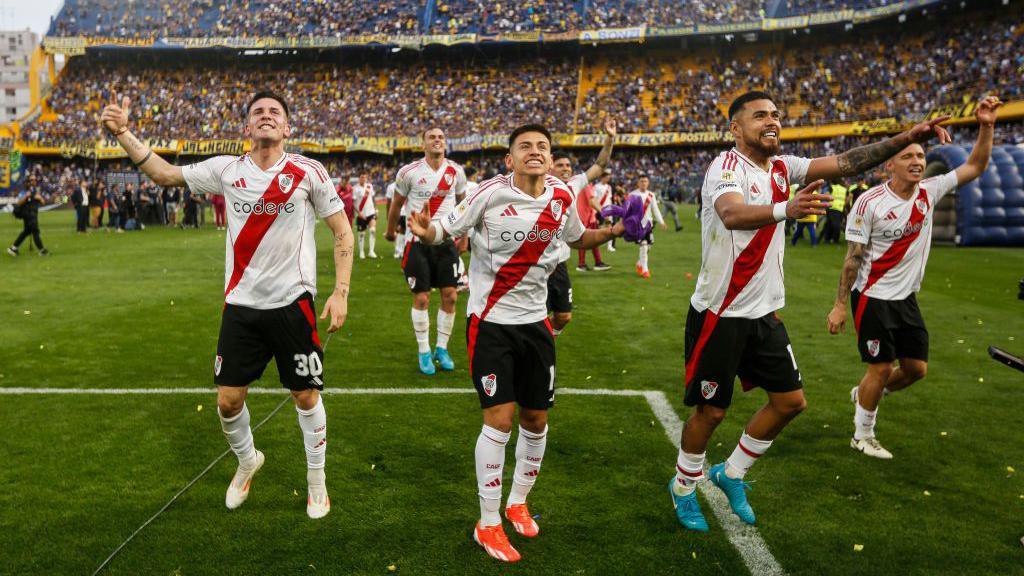 Image source, Getty Images
Image source, Getty Images
River Plate won the most recent Superclasico, a 1-0 victory at Boca's La Bombonera in September
With many of the players responsible for River's success in recent years now moved on - the sales of Julian Alvarez and Claudio Echeverri to Manchester City typify the struggle of Argentine clubs to retain their best young talent - manager Marcelo Gallardo has placed a lot of faith in 17-year-old starlet Franco Mastantuono.
Boca started the season poorly - they won just one of their opening four Apertura games and were eliminated in the Libertadores qualifiers - but nine wins in their last 10 league games have sent them three points clear at the top of the table.
Carlos Palacios and Kevin Zenon have stood out for Boca this season, while the likes of Edinson Cavani and Luis Advincula provide experience and relative calm.
"Boca fans die for every game, but we live for Copa Libertadores nights and Superclasicos. It's a game unlike any other," says Rodrigo Azurmendi, Boca fan and co-host of the Boca in English Podcast.
"Winning means going all out on the jokes, the memes and the folklore against our friends on the other side. Losing means skipping work on Monday."
For some, the idea of defeat on Sunday is too much to bear.
"I can't think about losing, I just don't have it in me," Boca fan Rob Smith says.
.png)
 10 hours ago
5
10 hours ago
5
